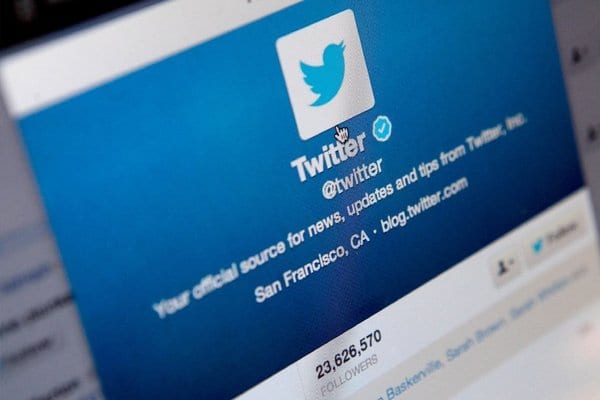Recent news has Musk backpedaling on the deal so the future is unclear

SpaceX and Tesla CEO Elon Musk bought his favored social-media platform for a whopping $44 billion. Obviously, he didn’t buy out the company for money, since he has A LOT of that and Twitter is a business that has never made money and has no viable plan to do so. But, what is he likely to gain from the platform? And how will Twitter change since the takeover?
Last month was crazy for Twitter. Elon Musk took a 9% stake at the company, making him the largest shareholder of the platform. Afterwards, he was offered a seat on the board of directors , however, he refused it only to offer to buy the entire company with cash. He sold roughly $8.5 billion worth of Tesla shares to fund the purchase. Twitter’s independent board chair Bret Taylor said in a statement, “The Twitter Board conducted a thoughtful and comprehensive process to assess Elon’s proposal with a deliberate focus on value, certainty, and financing.” Taylor called the deal “the best path forward for Twitter’s stockholders.” This is one of the largest leveraged buyouts on record. Musk says that he wants to promote free speech and wants the same for the platform: to stick with the principles of free democracy, which Musk called is the “bedrock of a functioning democracy”. Musk spoke about improving the platform saying, “I also want to make Twitter better than ever by enhancing the product with new features, making the algorithms open source to increase trust, defeating the spam bots, and authenticating all humans.”
His acquisition of Twitter is centered around free speech and its protection, but it’s most likely the protection of his definition of free speech. Angelo Caruson, President at Media Matters for America, while speaking to Al Jazeera said, “Elon Musk is not buying Twitter for financial reasons, although he thinks he can make some money on it. He is buying it for ideological reasons and I think that’s the important part in all of this and that’s ultimately what’s scary.”
Matt Levine, a Bloomberg Opinion columnist, while speaking to The New Yorker said that “he has some genuine set of political and social beliefs about how Twitter should be runand he feels like it isn’t being run that way.” With Musk taking over Twitter, there are shadows of doubts and
fear of disinformation spreading uncontrollably on the platform. And why shouldn’t there be? He’s a controversial public figure, with 83 millions followers on the platform and has used Twitter over the years to insult politicians, write derogatory remarks about the transgener community and spreading misinformation about COVID-19. And this is why industry experts are worried that the platform under his control could possibly roll back on its policies and make the rules lax on such harmful contents.
Musk did admit that his plans to change the platform could possibly fume the political left and please the right party. In addition, he didn’t go into details about what he plans to do about Donald Trump’s banned account and the other right-wing leaders whose tweets went against the company’s policies of spreading harmful disinformation, hate speech and threats.
It’s still not clear whether the management will remain the same; basically, whether Musk will keep Parag Agrawal, CEO of Twitter in his position, since he once compared Agrawal to former Soviet leader Joseph Stalin. In his offer letter, Musk also stated that he has no “confidence in management”. On Monday, Agrawal said in a statement that, “Twitter has a purpose and relevance that impacts the entire world. Deeply proud of our teams and inspired by the work that has never been more important.”
Well, Musk has some big changes planned for Twitter, but these plans seem worrisome. CNN media analyst, David Zurawik says that, “We don’t have people in Congress who can make regulations that can make it work. But you need control on this, you need regulation, you cannot let these guys (Mark Zuckerberg and Elon Musk) control discourse in this country or we are headed to hell.”
